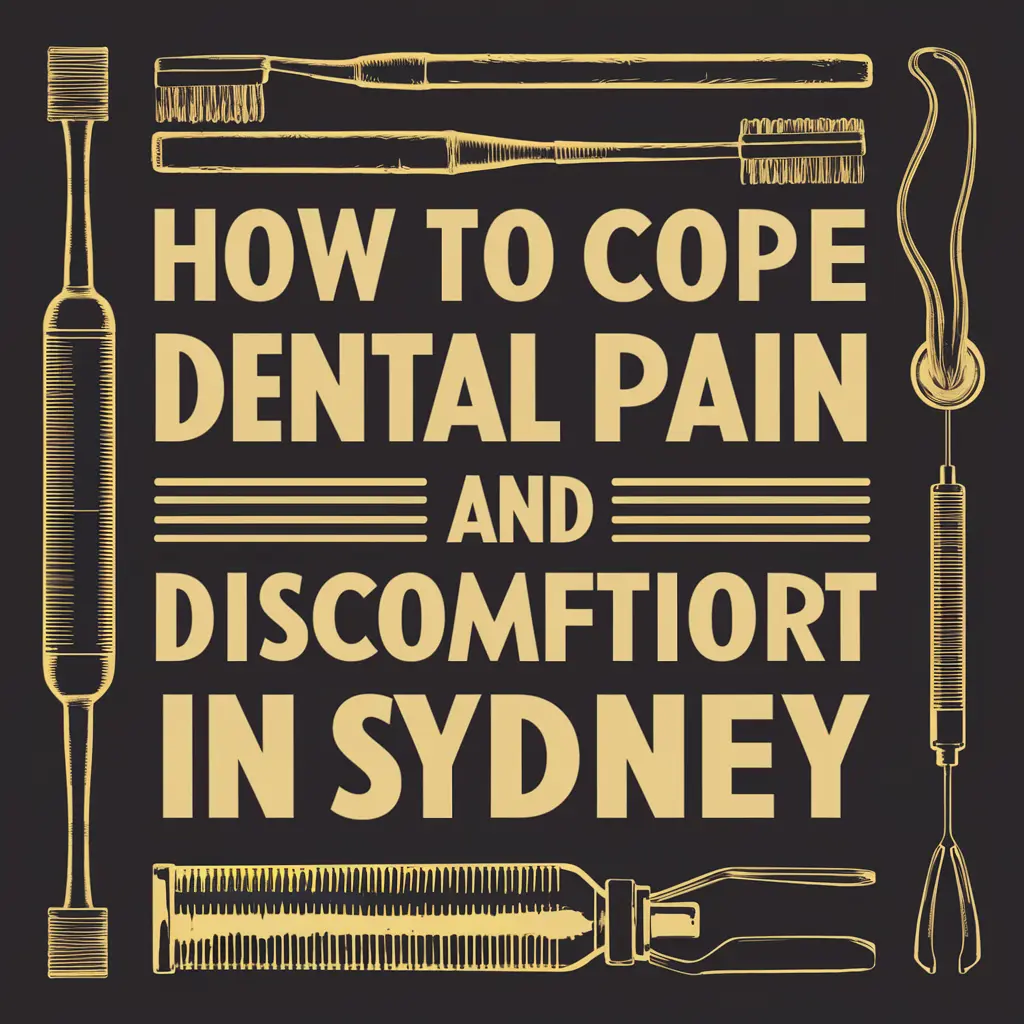Dental pain can be one of the most excruciating experiences, affecting your ability to eat, speak, and even sleep. In Sydney, where access to immediate dental care may vary, it’s essential to know how to manage dental pain effectively. This guide will explore common causes of dental pain, home remedies for relief, when to seek professional help, and introduce Macquarie Dental as a solution for dental care needs in Sydney.
Common Causes of Dental Pain
Dental pain can stem from various issues, including tooth decay, gum disease, tooth abscesses, cracked or fractured teeth, and dental trauma. These conditions can lead to sensitivity, sharp pains, throbbing, or constant discomfort, significantly impacting daily life.
Home Remedies for Dental Pain Relief
1. Warm Saltwater Rinse
One effective home remedy for dental pain relief is a warm saltwater rinse. Mixing a teaspoon of salt in a glass of warm water creates a natural antiseptic solution. Rinsing the mouth with this solution for about 30 seconds can help reduce inflammation, kill bacteria, and alleviate discomfort. Saltwater rinses can be used multiple times a day as needed.
2. Over-the-Counter Pain Relievers
Over-the-counter pain relievers, i.e. aspirin or Ibuprofen, can provide temporary relief from dental pain. These medications help minimise inflammation and alleviate discomfort. To prevent adverse effects, it’s important to follow the guided dosage and avoid exceeding the recommended daily limit.
3. Cold Compress Application
Consider applying a cold compress to the affected area; it helps to calm the pain and reduce swelling. Using a cold pack and applying it to the cheek for 15-20 minutes at a time can provide relief. Cold compress application can be repeated several times a day as needed to manage dental pain.
4. Clove Oil
Clove oil contains eugenol, a natural compound with analgesic and antiseptic properties. Applying clove oil to the affected tooth or gums using a cotton swab can help numb the area and alleviate pain. Clove oil can also reduce inflammation and kill bacteria, promoting healing. However, it’s essential to use clove oil sparingly and avoid swallowing it, as it can cause irritation to the digestive tract.
5. Peppermint Tea Bags
Peppermint tea bags can provide relief from dental pain due to their natural numbing and anti-inflammatory properties. After a cup of peppermint tea, allow the used tea bag to cool down slightly. Then, place the cooled tea bag directly on the affected tooth or gums for several minutes. Peppermint tea bags can be used multiple times a day as needed.
When to Seek Professional Help
It’s crucial to recognise when dental pain requires professional intervention. If the pain is intense, stubborn, accompanied by fever or swelling, or if you notice signs of infection such as pus or foul taste in the mouth, it’s time to seek immediate dental care. Ignoring dental pain can lead to worsening conditions and complications.
Solution: Macquarie Dental
For residents of Sydney seeking prompt and reliable dental care, Macquarie Dental offers comprehensive services to address various dental issues. With an expert team and state-of-the-art facilities, Macquarie Dental provides efficient diagnosis, treatment, and follow-up care for dental pain and discomfort. Whether it’s a routine check-up, emergency treatment, or specialised procedures, Macquarie Dental prioritises patient satisfaction and ease, ensuring a positive dental experience for every visit.
Conclusion
Dental pain can significantly disrupt daily life, but with the right knowledge and resources, it can be managed effectively. Home remedies can offer temporary comfort, but professional intervention is necessary for long-term solutions. As top Dentist Sydney, Macquarie Dental stands as a reliable partner in dental care, offering timely and comprehensive services to alleviate pain and restore dental health.
FAQs
1. Can dental pain go away on its own?
Dental pain may temporarily subside, but underlying issues often require professional treatment to prevent worsening conditions.
2. How soon should I seek help for dental pain?
If dental pain is severe, persistent, or accompanied by other symptoms like swelling or fever, it’s crucial to seek immediate dental care.
3. What if I can’t afford dental treatment?
Some dental clinics offer payment plans or accept dental insurance to help manage the cost of treatment. It’s essential to inquire about financial options.
4. Are home remedies safe for dental pain relief?
Home remedies like saltwater rinses and over-the-counter pain relievers are generally safe for temporary relief. However, they can not replace professional dental care.
5. How often should I visit the dentist to prevent dental pain?
Consider visiting the dentist every 6 months. Regular dental check-ups help prevent dental diseases and catch problems early before they escalate into painful conditions.











